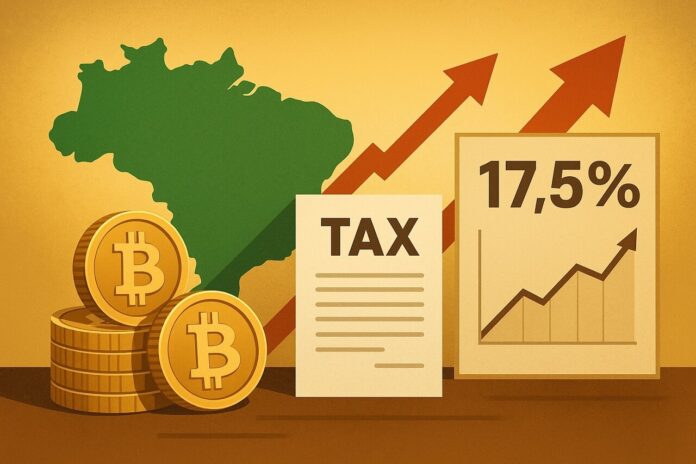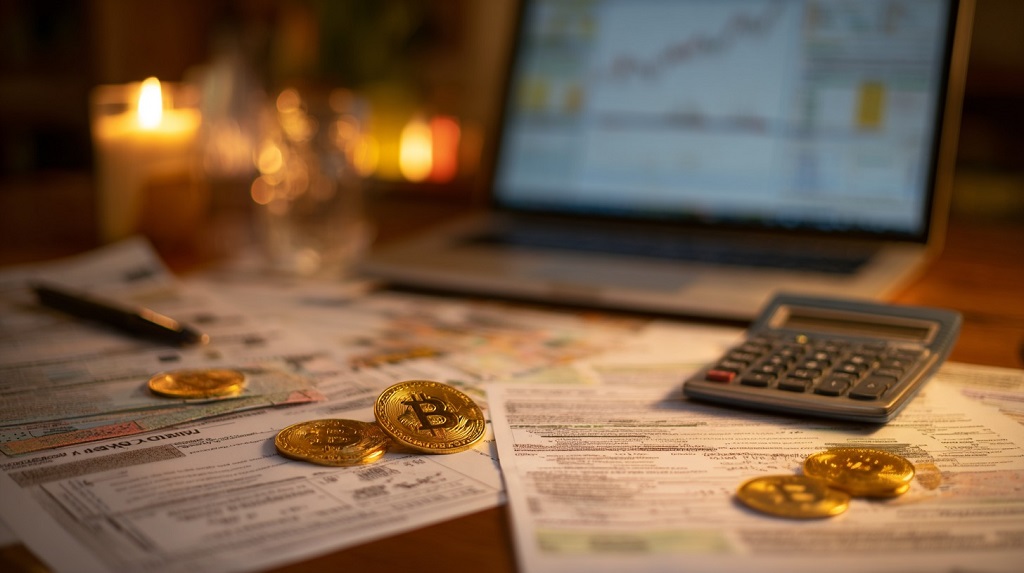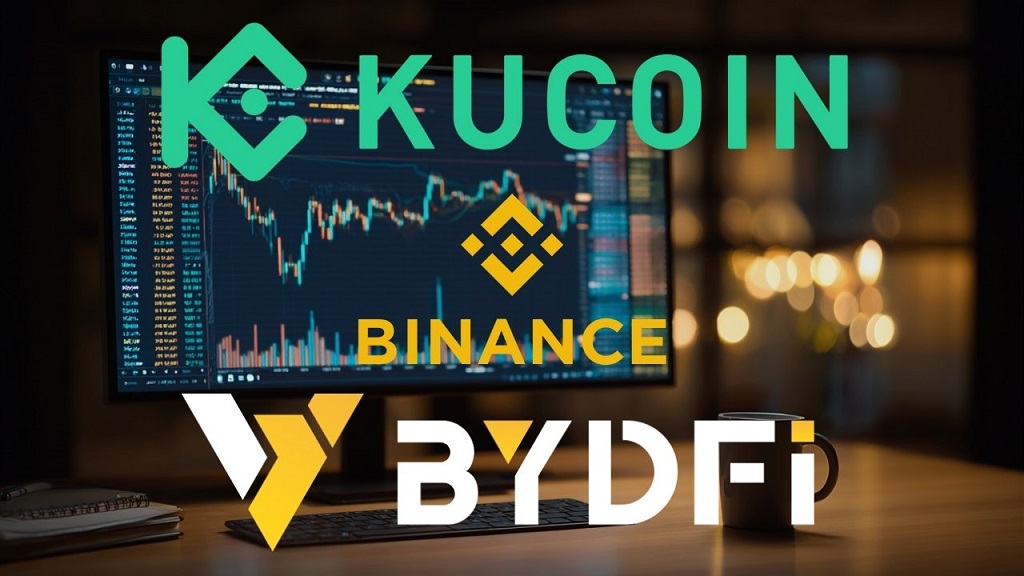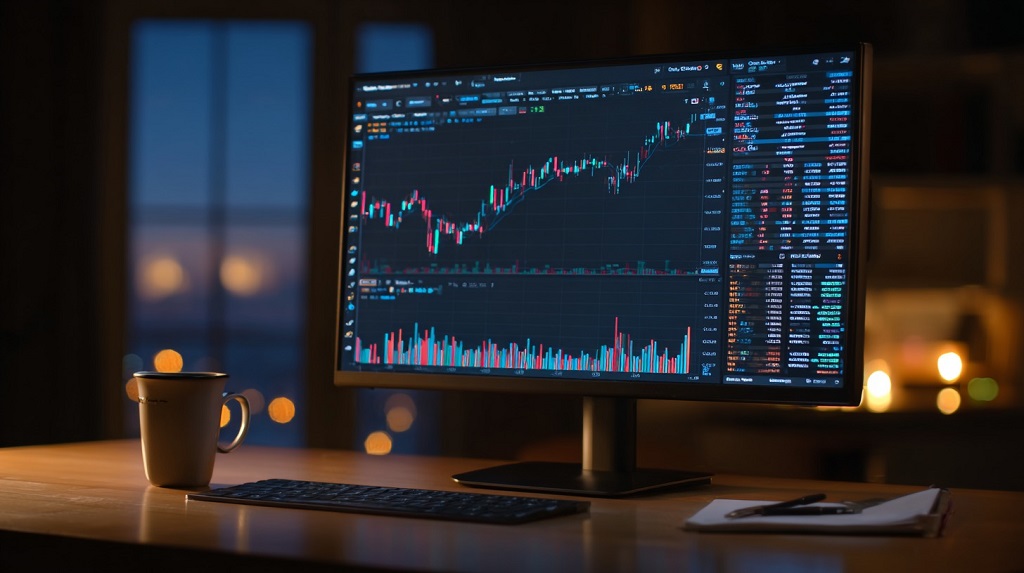
Brazil’s tax authority has implemented a 17.5% flat tax on digital asset trading conducted through offshore platforms, and the change is already having a significant impact on the local cryptocurrency landscape.
Effective from July 2025, this new regulation applies to Brazilian residents who trade cryptocurrency on foreign exchanges, meaning that trading profits from platforms not officially based in Brazil are now subject to this specific capital gains tax rate.
Before this new rule, profits from digital assets were already subject to taxation in Brazil, but the enforcement was fragmented and based on self-reporting. Residents were required to report gains over BRL 35,000 per month on crypto trades under a progressive tax regime (15%–22.5%).
However, this only applied when users declared income voluntarily or traded on platforms with local operations.
The updated tax law eliminates the tiered structure and imposes a flat 17.5% tax rate on all profits made through offshore exchanges, including popular platforms like Binance, KuCoin, and BYDFi.
The simplified rate removes ambiguity – but it also closes a loophole that many retail and institutional investors previously used to reduce their crypto tax exposure.
Key Differences in Brazilian Crypto Taxation

| Criteria | Before July 2025 | After July 2025 |
| Tax Rate on Gains | 15% to 22.5% (tiered) | 17.5% (flat) |
| Applies To | Gains over BRL 35,000/month from all sources | All profits from foreign platforms |
| Reporting Requirement | Self-reporting (often poorly enforced) | Mandatory with automatic monitoring planned |
| Exchanges Affected | Mostly unregulated offshore platforms | All foreign-based exchanges |
| Domestic Exchanges Taxation | Same rules, but easier enforcement | Still under the existing 15–22.5% structure |
| Enforcement Tools | Limited, based on user declaration | Broader cross-border cooperation and audits |
Impact on Investors Using Foreign Exchanges

One of the biggest concerns among Brazilian traders is that the rule now essentially penalizes the use of offshore platforms that were previously considered more cost-effective or had better liquidity and altcoin support.
Investors who favor decentralized platforms or specific tools not available on local exchanges may now find themselves grappling with stricter tax burdens.
That said, the 17.5% rate, though lower than the previous upper-tier limit of 22.5%, removes flexibility for smaller traders who might have avoided taxes altogether by staying below the BRL 35,000 monthly threshold.
Moreover, frequent traders now need to maintain more accurate records of every trade – including dates, profit margins, and the exchange used. This could increase the operational complexity for independent investors and small-scale crypto traders.
Many Brazilian traders use global platforms like Binance, KuCoin, and BYDFi for their superior liquidity, trading pairs, and advanced features. Now, every profitable trade made on these platforms is subject to the flat tax.

For those trading BTC and ETH on BYDFi, this means factoring in the additional tax cost when calculating net returns. BYDFi, which offers spot and derivative markets for major cryptocurrencies, is particularly popular among investors seeking to trade with leverage.
However, the 17.5% levy now makes proper record-keeping and profit tracking more crucial than ever.
Strategic Adjustments: What Traders Are Doing Now

Some traders are exploring ways to mitigate the tax impact through smart planning rather than evasion. Legal tax planning may include:
- Offsetting losses: Selling losing positions before the tax deadline to offset gains
- Holding longer: Shifting toward long-term holdings to avoid frequent taxable events
- Transitioning to domestic platforms: Some users are choosing to trade via local platforms like Mercado Bitcoin or NovaDAX to simplify tax reporting..
- Tokenization platforms within Brazil: Investors are eyeing Brazilian-based token platforms that allow regulated digital securities trading as an alternative to offshore crypto platforms
Others, especially those trading large volumes, are already consulting tax specialists to navigate the new environment safely.
Common Crypto Platforms Used by Brazilians & TaImplications on
| Platform | Headquarters | Impacted by 17.5% Tax | Known for |
| Binance | Offshore (Global) | Yes | High liquidity, altcoins, leverage options |
| BYDFi | Offshore | Yes | BTC, ETH, and derivative trading |
| KuCoin | Offshore | Yes | Broad altcoin selection, low fees |
| Mercado Bitcoin | Brazil | No (domestic tax rates apply) | Regulated, local fiat onramp |
| NovaDAX | Brazil | No | Brazilian real support, local compliance |
Legal and Political Background

The implementation of the 17.5% flat tax on offshore digital asset gains in Brazil stems directly from Law No. 14,754, enacted in 2023 and fully enforced starting mid-2025.
This legislation represents a significant modernization of Brazil’s tax code, explicitly targeting profits derived from foreign digital platforms – including cryptocurrency exchanges that are not registered or regulated within the country.
The law aims to close long-standing loopholes in Brazil’s taxation system that allowed residents to trade crypto internationally with minimal scrutiny. With the rise in popularity of digital assets, especially among retail investors and fintech-savvy professionals, regulators recognized the need to bring offshore gains into the taxable economy.
This was just one component of a broader reform proposal aimed at closing loopholes and modernizing how Brazil handles all forms of income and asset taxation, as detailed in the government’s latest tax reform initiative.
This law was designed to make those transactions more transparent, traceable, and enforceable under domestic tax policy.
Under this legal framework, Receita Federal (Brazil’s version of the IRS) now has expanded authority to:
- Mandate automatic data sharing from foreign exchanges through global cooperation channels, especially if those platforms interact with Brazilian users
- Impose harsh penalties of up to 150% on unpaid or undeclared taxes linked to offshore trading, significantly increasing the cost of non-compliance
- Initiate tax audits unilaterally, even without prior voluntary disclosure by the taxpayer, using cross-referenced data from banking, blockchain analysis, and international sources.
Moreover, Brazil is now actively participating in global data exchange protocols, including the OECD’s Common Reporting Standard (CRS). This framework enables member countries to automatically share financial account information, giving Receita Federal deeper insight into crypto wallet balances, income statements, and exchange activity across borders.
Final Thoughts
The new flat 17.5% tax on offshore crypto trading in Brazil will undoubtedly raise the financial bar for many investors. But it also introduces a clearer, more standardized system for dealing with digital asset profits – especially those derived from non-Brazilian platforms.
For serious crypto investors in Brazil, the era of quiet offshore gains is ending. Tools like BYDFi and KuCoin remain accessible and valuable, but their use now comes with official financial responsibilities.
Whether this ultimately boosts domestic trading platforms or drives innovation in legal tax planning, one thing is certain: the Brazilian crypto market is entering a more mature and regulated phase.
For users trading BTC and ETH on BYDFi, staying informed and compliant is now just as important as price movements. As governments catch up to decentralized finance, regulation will likely keep evolving – and being ahead of those changes will be a key part of any successful strategy.
















